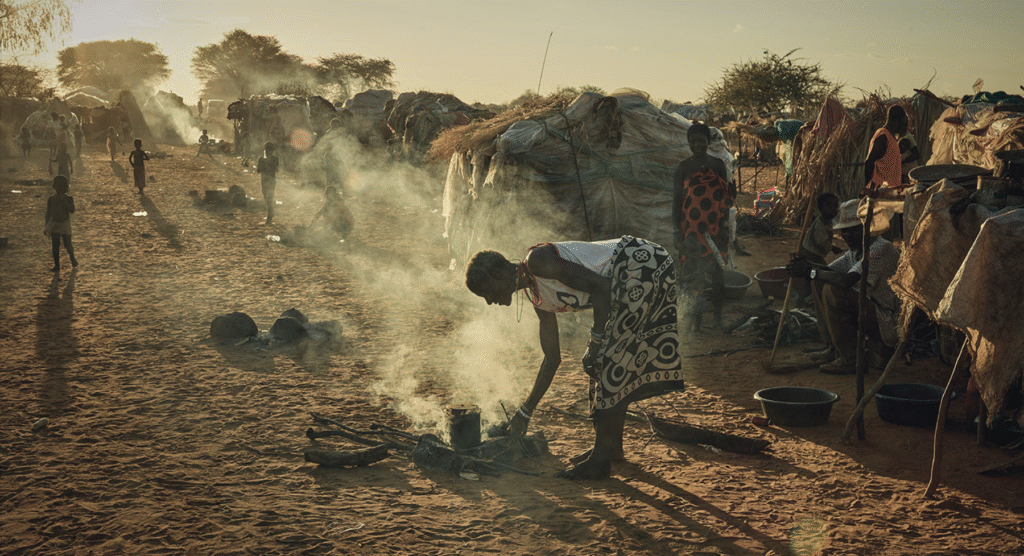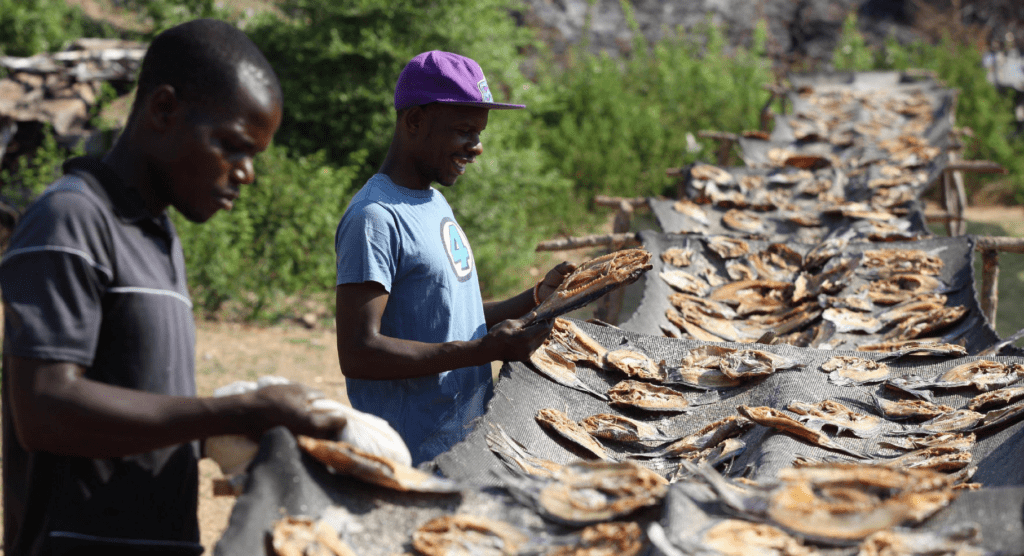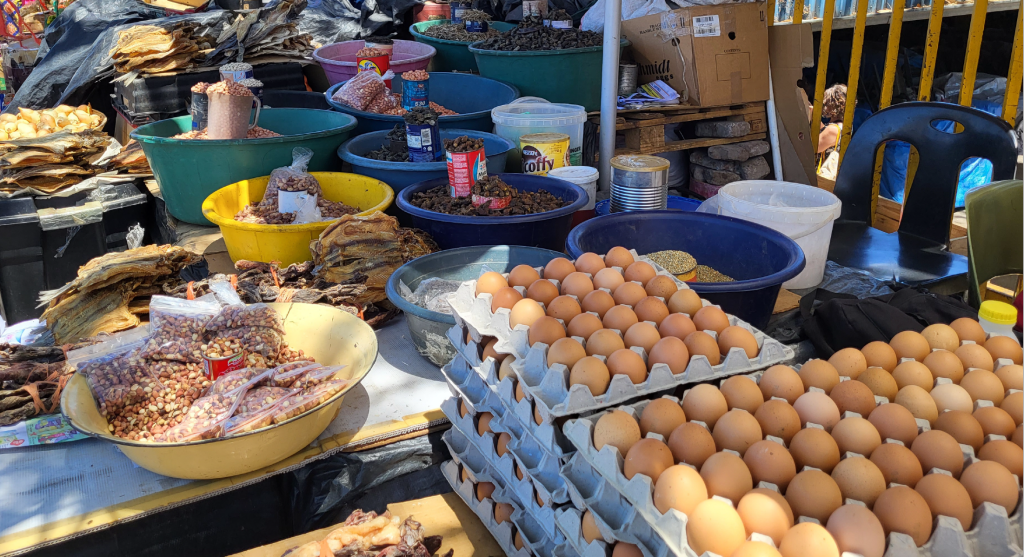Remitting for Resilience (R2): Enhancing Food Security and Climate Adaptation Through Gender-Inclusive Migrant Remittances
The R2 grant funded by NFRF in Canada responds to international calls to enhance adaptive capacities and resilience-building strategies to address the risks of climate change to food security, rural and urban livelihoods, and human mobility in Africa. The objectives of the project include: coproducing and mobilizing knowledge about the role of migration and remittances […]



